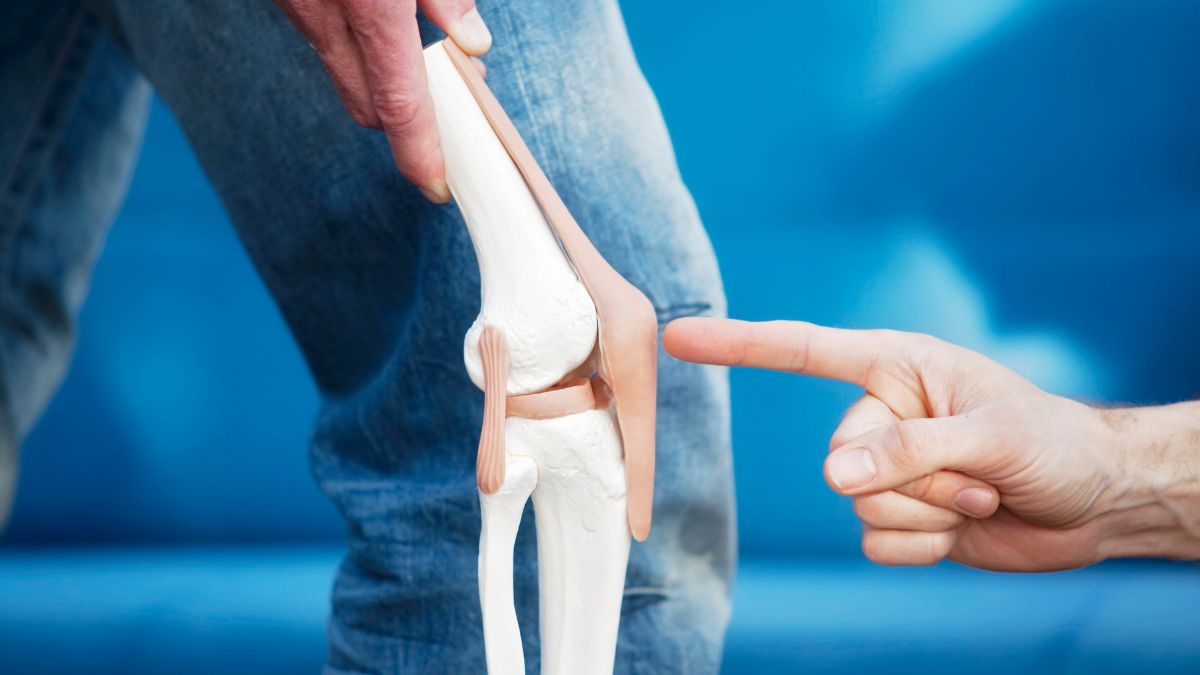New Breakthrough in Cartilage Regrow: A Promising Future for Joint Health

In a significant medical breakthrough, researchers have developed a new technique for Cartilage Regrow that could revolutionise treatments for joint injuries and conditions like osteoarthritis. Cartilage, the soft tissue protecting the ends of bones in joints, is essential for smooth movement and cushioning. However, once damaged, it has limited capacity for self-repair, leading to pain, stiffness, and decreased mobility.
The new technique involves using advanced biomaterials and stem cells to stimulate the regrow of cartilage in damaged joints. Scientists have created a biodegradable scaffold that can be implanted into the affected area. This scaffold provides a structure for new cartilage cells to grow and eventually dissolve, leaving behind healthy, functioning cartilage.
This procedure has shown promising results in preliminary studies. Laboratory tests and early clinical trials have demonstrated that the new cartilage can integrate seamlessly with existing tissue, restoring joint function and significantly reducing pain. Patients treated with this method have reported improved mobility and a better quality of life without requiring invasive surgeries like joint replacement.
This advancement in Cartilage Regrow is a boon for those suffering from joint injuries and holds potential for athletes and individuals with chronic joint conditions. The ability to regenerate cartilage naturally could reduce recovery times and prolong the health of joints, delaying or even eliminating the need for more drastic interventions.
While further research and more extensive clinical trials are necessary to confirm these findings and refine the technique, the initial results are encouraging. This treatment could become a standard option for those struggling with joint damage within the next few years.
As the medical society continues to research and develop this innovative approach, the future of joint health looks increasingly bright. The potential to regenerate cartilage could transform how we treat joint conditions, offering hope to millions worldwide suffering from debilitating pain and limited mobility.

Atul Tiwari is a seasoned journalist at Mumbai Times, specializing in city news, culture, and human-interest stories. With a knack for uncovering compelling narratives, Atul brings Mumbai’s vibrant spirit to life through his writing.





